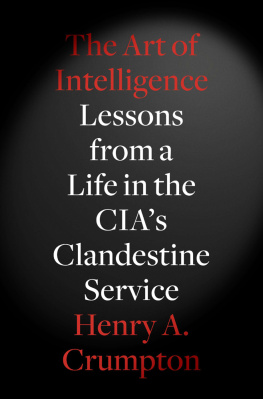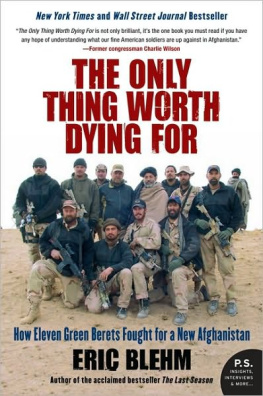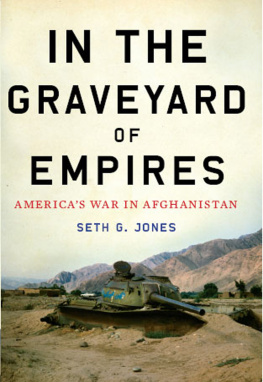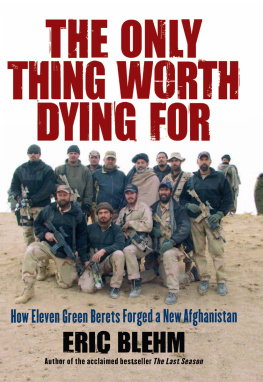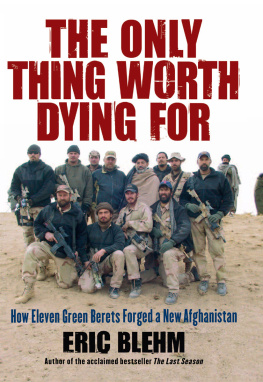FOXTROT IN KANDAHAR
FOXTROT IN KANDAHAR
A Memoir of a CIA Officer in Afghanistan at the Inception of Americas Longest War
Duane Evans
Copyright 2017 by Duane Evans
All rights reserved. No part of this publication may be reproduced, stored in a retrieval system, or transmitted, in any form or by any means, electronic, mechanical, photocopying, recording, or otherwise, without the prior written permission of the publisher.
Library of Congress Cataloging-in-Publication Data
Names: Evans, Duane, 1956- author.
Title: Foxtrot in Kandahar: A Memoir of a CIA Officer in Afghanistan at the Inception of Americas Longest War / by Duane Evans.
Other titles: Memoir of a CIA Officer in Afghanistan at the Inception of Americas Longest War
Description: El Dorado Hills, California : Savas Beatie Publishers, [2017] | Identifiers: LCCN 2017021615| ISBN 9781611213577 (alk. paper) | ISBN 9781611213584 (ebk.) ISBN 9781611213584 (Mobi)
Subjects: LCSH: Evans, Duane, 1956- | Afghan War, 2001---Personal narratives, American. | Intelligence officers--United States--Biography | Afghan War, 2001--Campaigns--Afghanistan--Kandahar. | Afghan War, 2001--Secret service--United States. | Taliban. | War on Terrorism, 2001-2009--Personal narratives, American. | United States. Central Intelligence
Agency--Biography. | Special operations (Military science)--Pakistan. | Special operations (Military science)--Afghanistan--Kandahar.
Classification: LCC DS371.413 .E87 2017 | DDC 958.104/740973--dc23
LC record available at https://lccn.loc.gov/2017021615
First Edition, First Printing
Savas Beatie LLC
989 Governor Drive, Suite 102
El Dorado Hills, CA 95762
Phone: 916-941-6896
(web) www.savasbeatie.com
(E-mail)
Our titles are available at special discounts for bulk purchases. For more details, contact us us at .
All statements of fact, opinion or analysis expressed are those of the author and do not reflect the official positions or views of the Central Intelligence Agency (CIA) or any other U.S. government agency. Nothing in the contents should be construed as asserting or implying US government authentication of information or CIA endorsement of the authors views. This material has been reviewed by the CIA to prevent the disclosure of classified information.
To my parents Jim and Mariah Evans, In loving memory.
You are the bows from which your children as living arrows are sent forth.
Khalil Gibran, The Prophet
Duane Evans in Afghanistan, November 2001.
Table of Contents
Preface
Glossary of Acronyms
Prologue: PakistanNovember 2001
Chapter 2: Plenty of Parking
Chapter 3: Roots
Chapter 4: A Day Late
Chapter 5: A Threshold Crossed, A Spark Ignited
Chapter 6: Mission Over Process
Chapter 7: Change Comes Hard
Chapter 8: Pasha
Chapter 9: Suspicious Minds
Chapter 10: New Mission
Chapter 11: Pakistan on My Mind
Chapter 12: Saying Goodbye
Chapter 14: Karzai
Chapter 15: A Full Up Team
Chapter 16: A Devoted Man
Chapter 17: Off Again, On Again
Chapter 18: New Team, New Mission
Chapter 19: A Question of Leadership
Chapter 20: By the Seat of Our Pants
Chapter 22: Infiltration
Chapter 23: Reflections on Leadership
Chapter 24: The Best Laid Plans
Chapter 25: Wagons, Ho!
Chapter 26: The Longest Night
Chapter 27: The Longest Day
Chapter 28: Bad News
Chapter 29: Takhteh-Pol Days
Chapter 30: Lightning StrikesTwice
Chapter 31: Friendly Fire
Chapter 32: Kandahar
Chapter 33: Paying the Freight
Chapter 34: Link-up with Echo Team
Chapter 35: Raids, Rubble, Rocks, and Lingerie
Chapter 36: Tensions Among the Tribe
Chapter 37: Death from Above
Chapter 38: Do I Go or Do I Stay
Chapter 39: Jacobabad Revisited
Chapter 40: Home
Epilogue
Postscript 2017
Acknowledgments
A gallery of photos follows page
Preface
This MEMOIR IS MY attempt to describe the events that I experienced during my service in Afghanistan in the fall of 2001. The feelings of pride in my colleagues, my Agency, and my country that these events engendered motivated me to begin this project and were a sustaining force throughout. My decision to write this story was also no doubt influenced by the fact that my experience in Afghanistan was the high point of my CIA career and the greatest adventure of my life. I appreciated this even as I lived it, and neither the passage of time nor subsequent events have changed my feelings.
As someone whose career often involved a tremendous amount of writing, and having more recently authored a novel, the extraordinary events I experienced firsthand provided material that was hard for anyone considering themself a writer to ignore. Nonetheless, I did just that for several years, even though I had drafted a lengthy summary of the key events soon after returning home. This recollection eventually would serve as the backbone of the memoir.
I understand that a memoir at its best is a great sharing, and at its worst, a great effort in self-promotion. My goal was the first: to share, to the extent possible within the bounds of national security, the personal story that I lived in 2001 beginning with the terrorist attacks on September 11th carrying through to the fall of Kandahar on December 7th. I believe I have accomplished that goal. Still, because I did write about myself I could not help but worry that my story might be judged as self-promotionsomething I have witnessed in the professional world all too often. This concern bothered me a great deal, and in fact delayed me from pursuing publication of the memoir. Over time, however, and after reading the memoirs of other writers, I concluded there just is no good way to write a memoir without embedding oneself, the writer, into the story. It wouldnt be a memoir, otherwise.
Ultimately, I overcame my misgivings because I believed that the story was important and shed light on the early days of what is often referred to as the war on terror. While I still read references to this period as being during the American invasion of Afghanistan, one of the things that I hope this memoir makes clear is that there never was an American invasion of Afghanistan, in 2001 or after. I even considered titling this book A Memoir of the Invasion that Wasnt just to make that point up front. Yes, there was American military involvement in Afghanistan in 2001, but a handful of small, combined CIA-Special Forces teams scattered across Afghanistan working with resistance fighters, even when supported by U.S. air power, does not an invasion make. In fact, the most significant and usually overlooked aspect of the overthrow of the Taliban government and the smashing of al-Qaida fighters in the country in 2001 was that it was not achieved, or ever intended to be achieved, by U.S. forces storming enemy strongholds. Instead, it was achieved by Afghan-Muslims, who with U.S. support carried the day on the ground in the fight against terror and tyranny.



